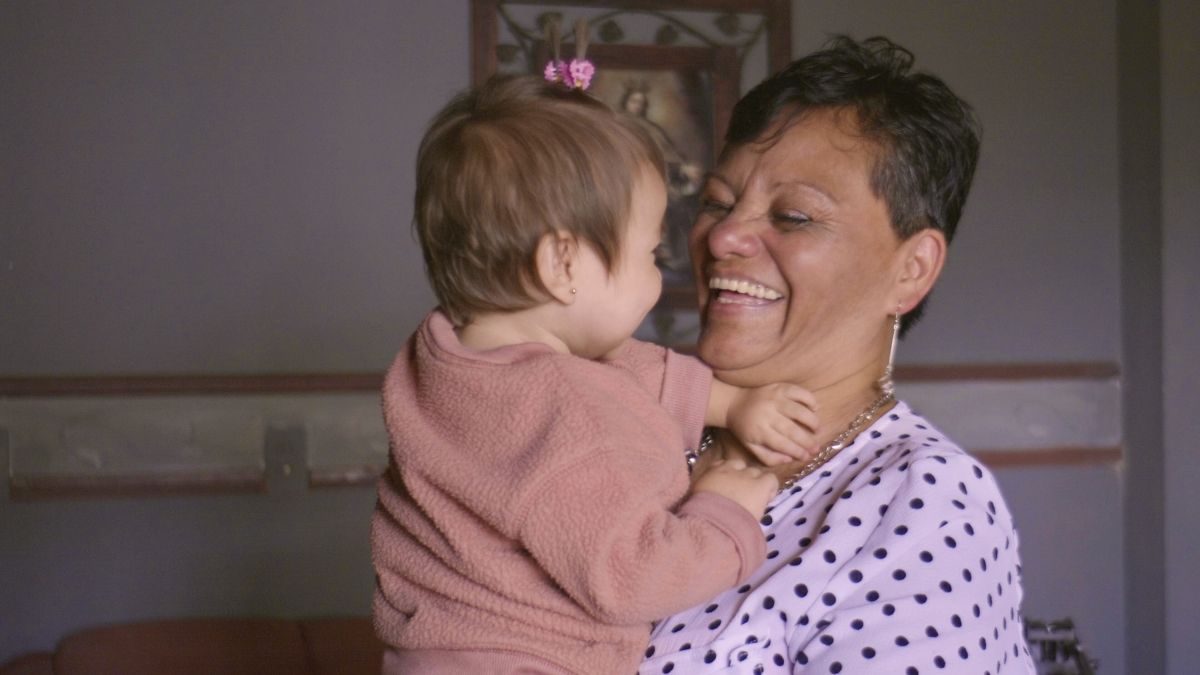Hi John, I’m Isabel – I live in Cipreses, a small town in Costa Rica. I wrote this email in Spanish, and Ekō helped me translate it. I'm writing because my community’s water is contaminated with a carcinogenic pesticide. We know how to fix it, but we need help. The chemical is called chlorothalonil and it’s banned in 32 countries, but instead of taking it off the market, European companies like Syngenta are just selling it to countries in the Global South like Costa Rica. For 9 years now, I’ve been fighting with other women in Cipreses to get it banned, and we’re making progress on what used to feel impossible: Costa Rica's constitutional court has given the executive branch a deadline of 6 months to ban chlorothalonil! But the ministers in charge could delay the ban if they don’t feel pressure – that's why we created this petition and need as many people as possible to see and support it. Then we’ll work with Ekō to take all the signatures straight to the ministers. Can you help us get this done? Tell the government of Costa Rica: ban this carcinogenic pesticide These last years have been very tough on my community. Besides never having enough water, my daughter Fiorella had polyps at 16 and has now lost her sense of smell and taste. One of my neighbors has tongue cancer, and several young people have been diagnosed with stomach cancer. It’s alarming that so many people are getting sick in such a small place. And ever since scientists confirmed the water is contaminated, the government has told us not to drink the tap water at all. And to make it all worse, some locals with the support of the pesticide lobby regularly harass, intimidate and threaten us with death because of our activism. As hard as it is, as hard as it’s been, we won’t give up. Because it isn’t just Cipreses: we already know other springs are contaminated – in areas where 80% of Costa Rica’s vegetables are grown – and there could be many more. We feel we can’t let Syngenta use countries like ours – from Latin America to Africa – as dumping grounds for chemicals they can’t legally sell in Europe! This is why the constitutional court ruled that chlorothalonil should be banned. They also made recommendations to ensure that our local farmers can still make a living and receive support for transitioning to alternatives. There will even be financial incentives to produce new alternatives. So there’s no reason not to do this, and we’re so close to winning. But now it all depends on how much pressure our leaders feel. If every person receiving this email signs the petition and shares it, we could win in Costa Rica and then fight for a domino effect to ban chlorothalonil in all of Latin America – will you join us? Tell the government of Costa Rica: Ban chlorothalonil From Cipreses, we thank all the people who are part of Ekō for everything they do to support communities like ours and to build a better world for everyone. With much love, Isabel, Ana María, Fabián and Jordan in Cipreses  More information: |
||
